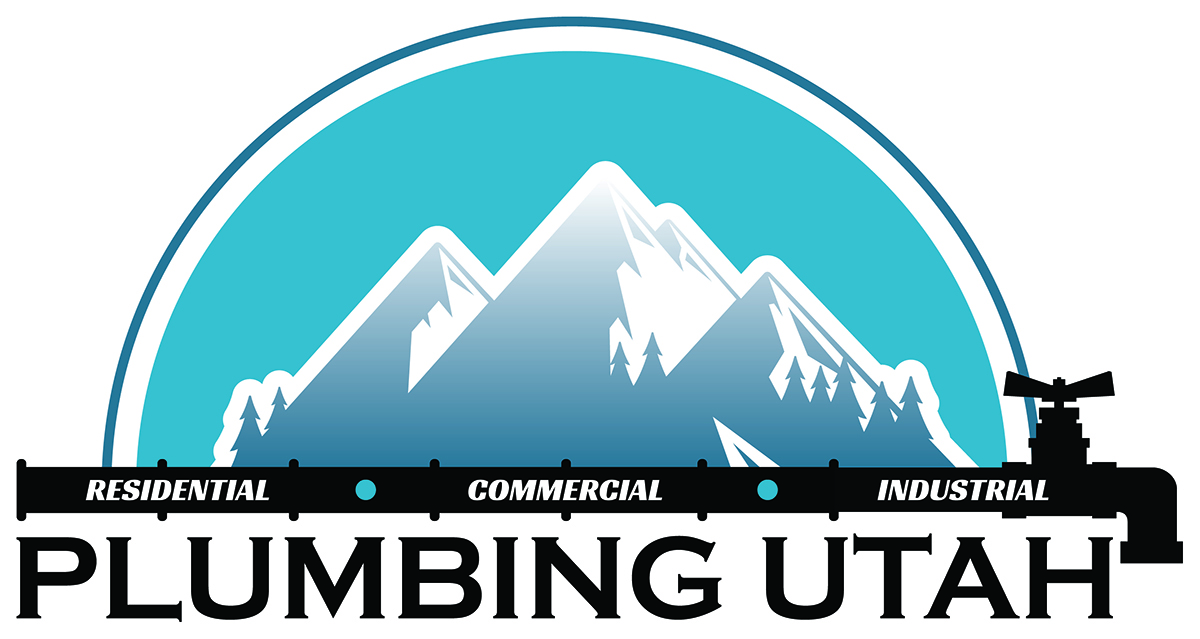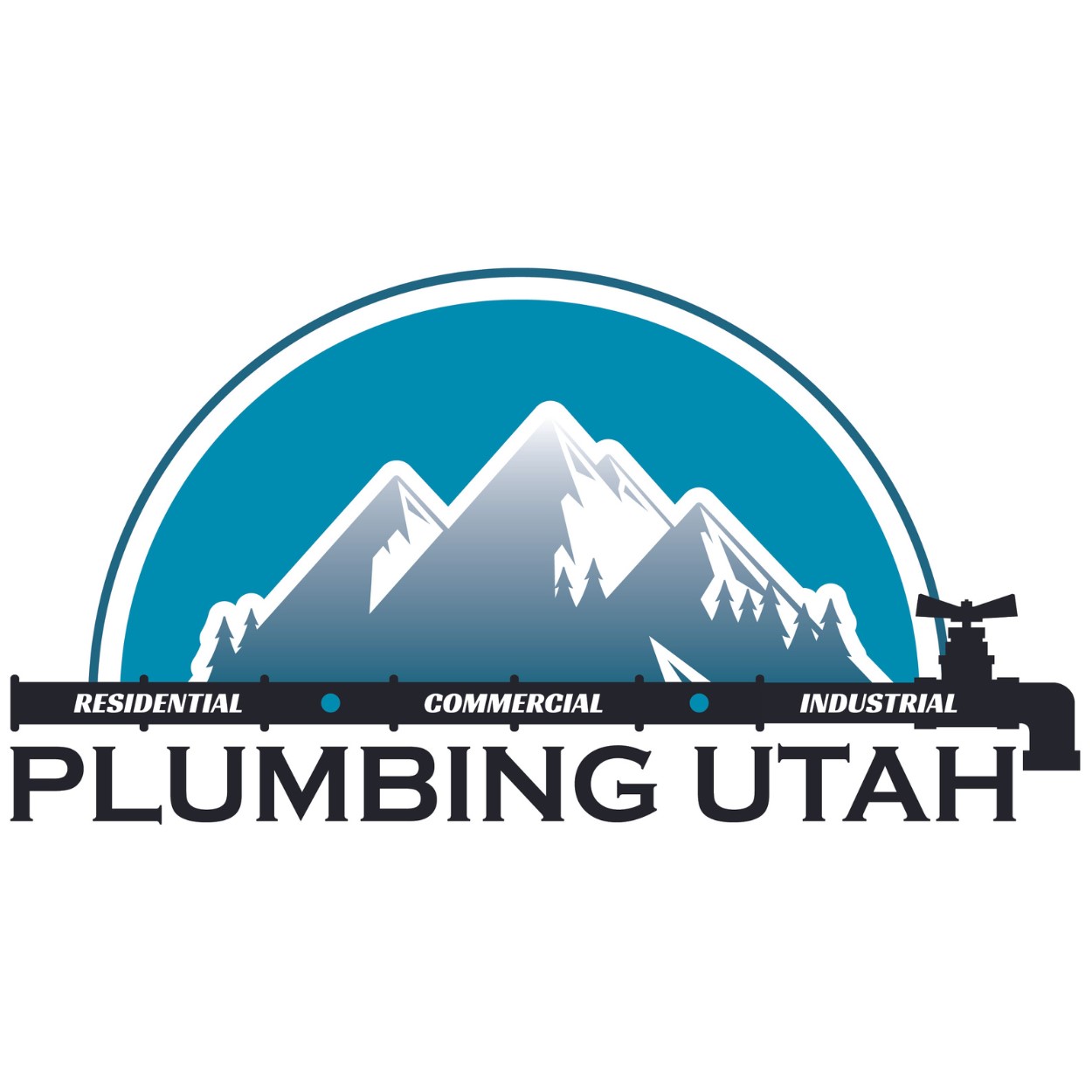Water pressure is the force that water exerts against the walls of a container. It is caused by the weight of the water itself and is affected by the depth of the water, the type of container, and the size of the container. The deeper the water, the greater the water pressure. If there is more water above a certain point than below it, the weight of the water above that point creates more pressure on the lower part of the container. The size of the container also affects water pressure. A small container will have less water than a large one, so there will be less weight and less pressure. The type of container also affects water pressure. A solid container will have more water pressure than a porous one because the water can’t escape from a solid container as easily as a porous one.
Water pressure can be used to work, such as moving water through a pipe or lifting an object. Water pressure can also be dangerous. High water pressure can cause pipes to burst and objects to be lifted off the ground. Low water pressure can make it challenging to get enough water to take a shower or wash dishes. When water pressure is too high or too low, it can be changed by adjusting the amount of weight in the water or by changing the size of the container.
Why is water pressure important?
Water pressure is important because it helps to ensure that water flows freely through pipes and other plumbing fixtures. When water pressure is too low, it can cause problems such as clogs and leaks. Too much water pressure can also be a problem, leading to burst pipes and other damage. Proper water pressure is essential for your plumbing system’s function and durability.
Why is my water pressure low?
There are a few reasons why your water pressure might be low. A common reason is a leak in your home’s plumbing. This can cause water to seep into the pipes, lowering the overall water pressure. Another possibility is that your municipality has lowered the water pressure for the area. This is often done during droughts or periods of high water usage. Finally, your home’s water pressure could be too low. This is most often the case in older homes. If you’re experiencing low water pressure, there are a few things you can do to try and improve it. First, check all of your home’s plumbing for leaks. Even a tiny leak can cause significant problems with water pressure. Once you’ve repaired any leaks, check the municipality’s website or call their office to see if your area’s water pressure has been lowered. If it has, there’s not much you can do about it other than wait until it returns to normal. Lastly, if your home’s water pressure is naturally low, you can install a water pressure booster. This will help to increase the flow of water through your pipes, giving you the high-pressure water you need.
What if my water pressure is too high?
If your water pressure is too high, it can cause several problems. For instance, it can damage your pipes and fixtures, making them more likely to leak or break. It can also make it challenging to get enough water flow from your taps, reducing water pressure. In some cases, high water pressure can even cause your water heater to overheat and fail. To avoid these problems, it’s important to have a professional check your water pressure and adjust it if necessary.

